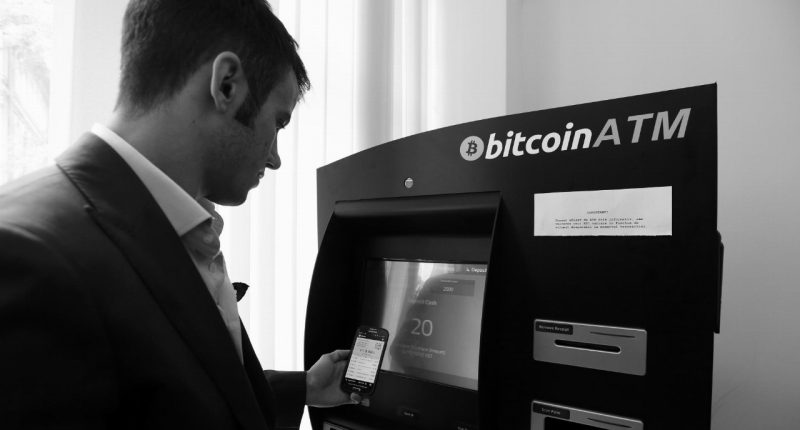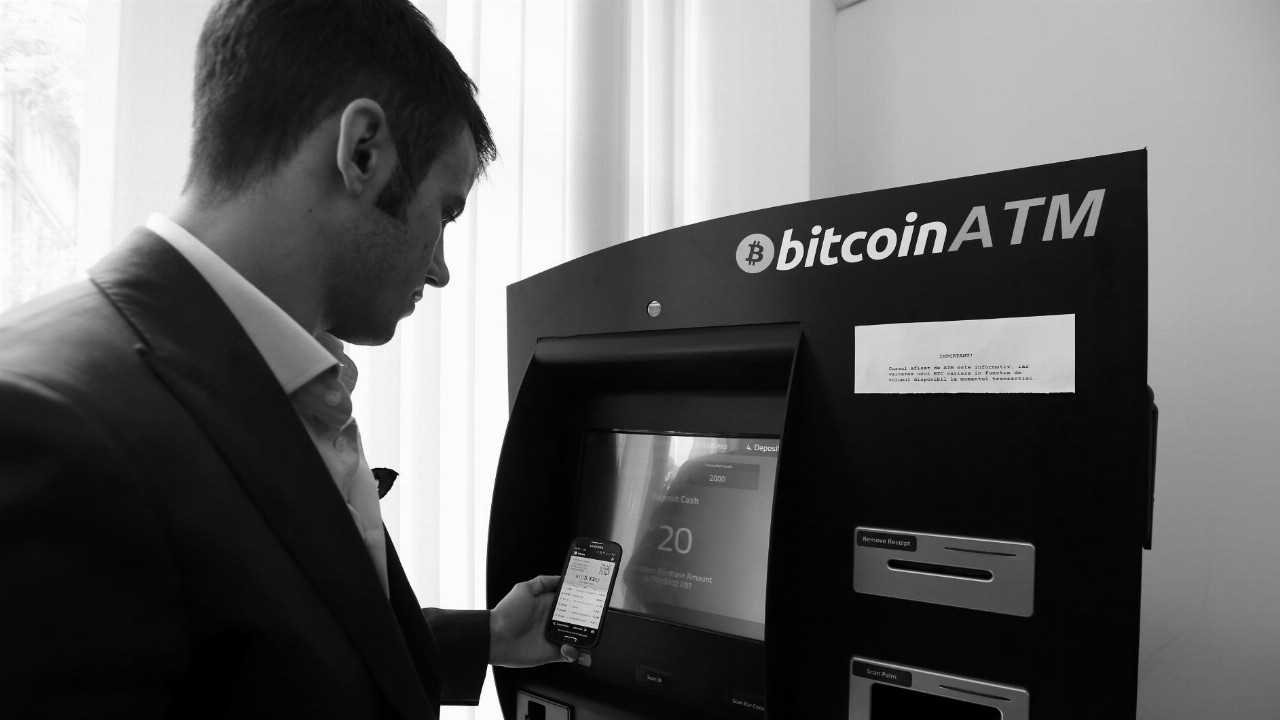I keep on being told that it’s time I took crypto seriously. Crypto, goes the refrain, has “gone mainstream” — from BlackRock to UBS, every major investor is at the very least “exploring” it these days, while the big firms have tens of millions of retail investors each.
Governments are bullish, too: Britain is taking a “forward-looking approach” with the chancellor hoping to turn the country into a global crypto hub, putting the UK right up there with El Salvador, where bitcoin is now legal tender. I can joke, but if I haven’t bought into crypto, then the joke is actually on me, or so people keep saying.
And yet, try as I might to take it seriously, I keep on coming up against new ways to find crypto absurd. This week the comedy came courtesy of the nominatively determined Sam Bankman-Fried, CEO and founder of crypto exchange FTX, a company recently valued at $32 billion. On Monday, Bankman-Fried, himself recently valued at $24 billion, appeared on Bloomberg’s Odd Lots podcast and was asked to explain how a newish crypto phenomenon called yield-farming works.
Yield-farming — a rather complex practice that essentially offers investors a chance to turn their crypto into more crypto, by borrowing money from the customers, giving them a “governance token” in exchange, and farming out this crypto into other coins and “DeFi” projects offering high yields — has long raised eyebrows. That’s not just because of the unusually high returns it promises, but also due to concerns that retail investors don’t really understand it and thus are not fully aware of the risks involved. You might think therefore that Bankman-Fried, whose platform offers this very thing, might try to dress it up as a grown-up financial product.
Not so much. Bankman-Fried, using the analogy of a box to describe one of these yield-farming platforms, explained its value proposition thus: “This is a valuable box as demonstrated by all the money that people have apparently decided should be in the box. And who are we to say that they’re wrong about that?” He then described how all this becomes a kind of self-fulfilling prophecy, because once investors start feeling bullish about it, the token becomes more valuable and they “go and pour another $300 million in the box . . . and then it goes to infinity. And then everyone makes money.”
Bloomberg’s Matt Levine, clearly rather stunned, pointed out that Bankman-Fried seems to be saying something along the lines of: “Well, I’m in the Ponzi business, and it’s pretty good.”
Bankman-Fried’s comments have been widely mocked, and they are indeed risible, but what is perhaps funnier is that what he is describing can be applied to the rest of crypto, too. I have long compared crypto to a Ponzi scheme, though there are some differences, such as the lack of a central administrator.
Crypto, like Bankman-Fried’s box, has no inherent value; it is worth simply what everyone has decided that it’s worth. And just like this box, which as the FTX founder explains can be created “in like five minutes with an internet connection”, crypto tokens can be made just as easily. This is why there are now almost 20,000 cryptocurrencies out there, making a mockery of the idea of digital scarcity.
But still, there’s always the “crypto is just like the internet in the early 90s” argument, right? Aside from the fact that comparing crypto to the biggest technological breakthrough of the past century purely on the grounds that nobody understood the internet at the start, either, feels like a bit of a non sequitur, the early 90s seem to be dragging on a bit. Venture capitalist Marc Andreessen told a conference back in 2014 that bitcoin felt like the internet in 1994; by 2019 he said it felt like 1992 — presumably we are now somewhere around the 1991 mark.
Could there, though, be an argument that, despite all this, it makes sense to put a bit of money into crypto? Sure, there might be a risk that it could all go to zero, but that is a known risk; there is also the risk that it could go up multiple times and you miss out. Might that not be reason enough to take it seriously?
For that to be valid, one would have to imagine that crypto did no harm, when it is in fact a negative-sum game. Aside from the environmental harm, and the billions lost in outright scams, it is impossible to count the number of people who have been given false hope.
So no, sorry, I won’t take crypto seriously — either as an asset or as a form of money, which are in fact two contradictory propositions. In fact, I won’t take it as anything other than as a serious risk to society, and perhaps something to bleakly laugh at now and again.
Jemima Kelly was previously a reporter at Reuters, where she mainly wrote about the foreign exchange market, cryptocurrencies and fintech. She has also written for The Economist.






